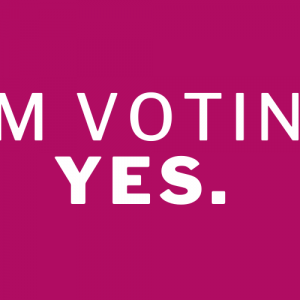Email to all members. 22 March 2021
Job (in)security
At last week’s Joint Negotiating Committee (JNC), UCU tried again to secure a guarantee from senior management that there would be no redundancies as a result of the School Size and Shape restructure.
We explained to the Vice Chancellor that such a guarantee would be very reassuring for staff who have recently seen IT colleagues made compulsorily redundant as a result of a reorganisation and who are now going through a reorganisation themselves.
The Vice Chancellor refused to give this guarantee. She repeated the formula we have heard before that ‘there is no expectation that Schools Size and Shape will result in redundancies’. When asked why University of Brighton could not provide a sense of job security by ruling out redundancies even in the short term as other universities have done, she replied that she was not in a position to do so.
It is difficult to understand the Vice Chancellor’s refusal. The University is running a deficit but if, as is likely, the increased applications for next year feed into healthier recruitment, we are likely to need more, rather than fewer, teaching staff. If there are no plans for wholesale course or departmental closures, a guarantee of no redundancies would have no drawbacks for senior management and would go a long way to making staff feel that their heroic efforts to continue delivering education during a pandemic have been appreciated.
Instead, not only can we look forward to no pay rise next year, we cannot be sure we will all have jobs. During the discussion at JNC, the Vice Chancellor made her customary reference to the excessive size of the University’s wage bill. For this senior management, staff are not the crucial asset that makes education possible, but an unwelcome cost that must be curtailed.
Return to campus plans
The government’s roadmap out of lockdown raises the possibility of increasing numbers of staff being instructed to work on campus.
Some Schools are suggesting that all students will automatically be returning to classrooms, studios and labs after Easter. But no change to the current restrictions can happen before the government’s next announcement on arrangements for universities. This will not be until April 12.
UCU has received assurances from senior management that even if the government allows more on-site activity, it will not exceed the levels planned at Brighton for this academic year before further national restrictions were imposed in the autumn. This was an average of 20% of students’ time on campus.
The University has refused UCU’s request that presence on campus be voluntary for staff, especially those in vulnerable categories and those still waiting to be vaccinated. It appears that not all students are following the guidance that they should take Covid tests before coming onto campus. We believe that Brighton should follow other universities in making testing compulsory. We also have concerns that risk assessments have not been updated to take account of the new variants of the virus.
If you feel that your working conditions are unsafe, you should contact a UCU health and safety rep. Details on the Brighton UCU website.
‘Safety net’ and workloads
UCU has raised the workload implications of the University’s ‘safety net’ policy of allowing students to resit assessments if they feel that their performance has been unrepresentative and not adequately reflected by the ‘best of’ algorithm.
Staff may find themselves under pressure not to take their full leave entitlement during the summer in order to set, tutor and mark additional assignments. This is on top of additional work generated for some staff by the existing ‘no detriment’ policy.
UCU is not convinced by the Registrar and Secretary’s guess that ‘on the balance of probability’ the extra work created is unlikely be significant. We will be pressing for a mechanism to adequately account for this work in workloads.
UCU Coordinating Committee



Leave a Reply